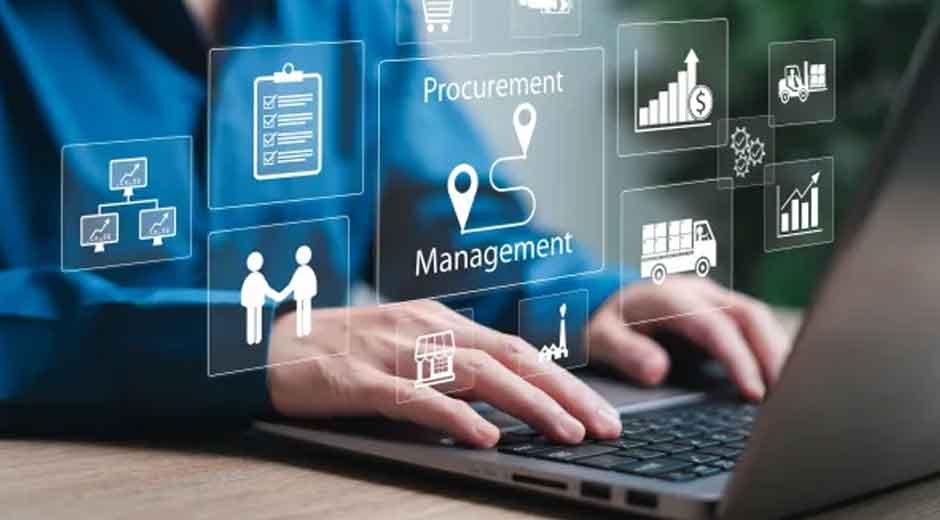Seafood distributors are under distinct pressure in a rapidly changing market. There are many complexities, from inventory management to regulatory compliance. That is where the Enterprise Resource Planning (ERP) system comes into play. In this post, we talk about the advantages of ERP in the seafood distribution industry and how it can revolutionize operations.
Improved Inventory Management
One crucial element of seafood distribution is inventory management. An ERP solution allows you to keep track of stock levels in real time. This ensures that products are fresh and on hand when needed. Specialized seafood distribution ERP systems take this further by connecting inventory with logistics, compliance, and sales functions. By streamlining inventory processes, distributors can reduce waste and cut costs.
An ERP solution also provides detailed reporting. This information helps businesses make purchase and stock decisions accordingly. If the data is correct, it is easier to predict demand, leaving room for better-organized resource allocation.
Enhanced Traceability and Compliance
Traceability is an important aspect of the seafood industry. Customers and regulators want transparency into the source of your product. An ERP system tracks products from their source to the end purchaser. This adheres to industry standards and helps you gain more trust from customers.
Regulatory requirements can be complex. Documentation and reporting are managed using ERP software. The automated processes minimize the chances of human errors, thus ensuring that the total compliance needs are adequately covered.
Streamlined Operations and Efficiency
In distribution, profit comes from efficiency; therefore, ERP integrates different functions of a Business under a single umbrella. This integration streamlines processes by facilitating inter-departmental communications. When organizations automate these manual tasks, they free up employees to engage in more value-added activities.
Automation also accelerates order processing and minimizes the timelines. Having everything connected, including everything from sales to logistics, allows operations to run more smoothly.
Cost Reduction and Profitability
Seafood distributors have fewer pressing concerns than cost control. An ERP system points out inefficiencies and offers solutions. Optimizing resources helps lower operational costs.
With better forecasting, the supply chain gets the product when it needs it and no more; thus, fewer stockouts and overstock moments occur. All these benefits lead to better margins. Also, ERP solutions ensure that supplier terms can be negotiated even better so that profit margins are increased.
Data-Driven Decision Making
Success hinges on making good decisions. ERP systems come with robust analytics and reporting tools. Such tools help managers track business trends where the business stands and how it performs against various metrics. The immediate availability of data enables changing strategies.
Over time, businesses can pinpoint avenues for development and rising risks. This will help them be more competitive and adaptable to any changes in the market.
Scalability and Flexibility
Business needs evolve with its growth. ERP systems can underlie the growth of an organization without significant interruptions. An ERP can grow with product lines or markets; whatever changes the business is undergoing that require flexibility.
Flexibility is another advantage. With customizable modules, this system helps every business fit its requirements. This flexibility ensures that, irrespective of changes in the direction of the business, the ERP continues to create value.
Improved Customer Relationships
Customer satisfaction is key to retention and repeat purchases. An ERP system provides information with instant access to the necessary data, which helps to improve customer service. Everything is over there; sales teams can respond to questions quickly, and the data is up to date and accessible.
With customer data integrated into the system, personalized communication becomes easier. This results in an enhanced relationship and a clear perception of customer requirements. Word-of-mouth is a free service that guest becomes a customer by suggesting it here and there.
Integration with Other Technologies
The modern business firms have become completely dependent on technology. ERP Systems Integrate and Connect with Other Tools and Platforms. These include accounting packages, customer relationship management applications, etc. This kind of integration helps data to flow smoothly in the organization.
Bringing data together gives companies a comprehensive view of their operations. This allows for smooth coordination and collaboration between teams. The outcome is a streamlined and integrated organization.
Conclusion
Wondering why ERP systems are a boon for seafood distributors? The benefits are apparent, right from better inventory management to better customer contact. This technology allows businesses to save money by streamlining operations and reducing costs, whilst eventually allowing for maximum profit. A good ERP is an asset that helps your company flourish in a competitive market. ERP systems may be the backbone of your company that will be utilized to accommodate your changing needs for sustainable growth and success.






